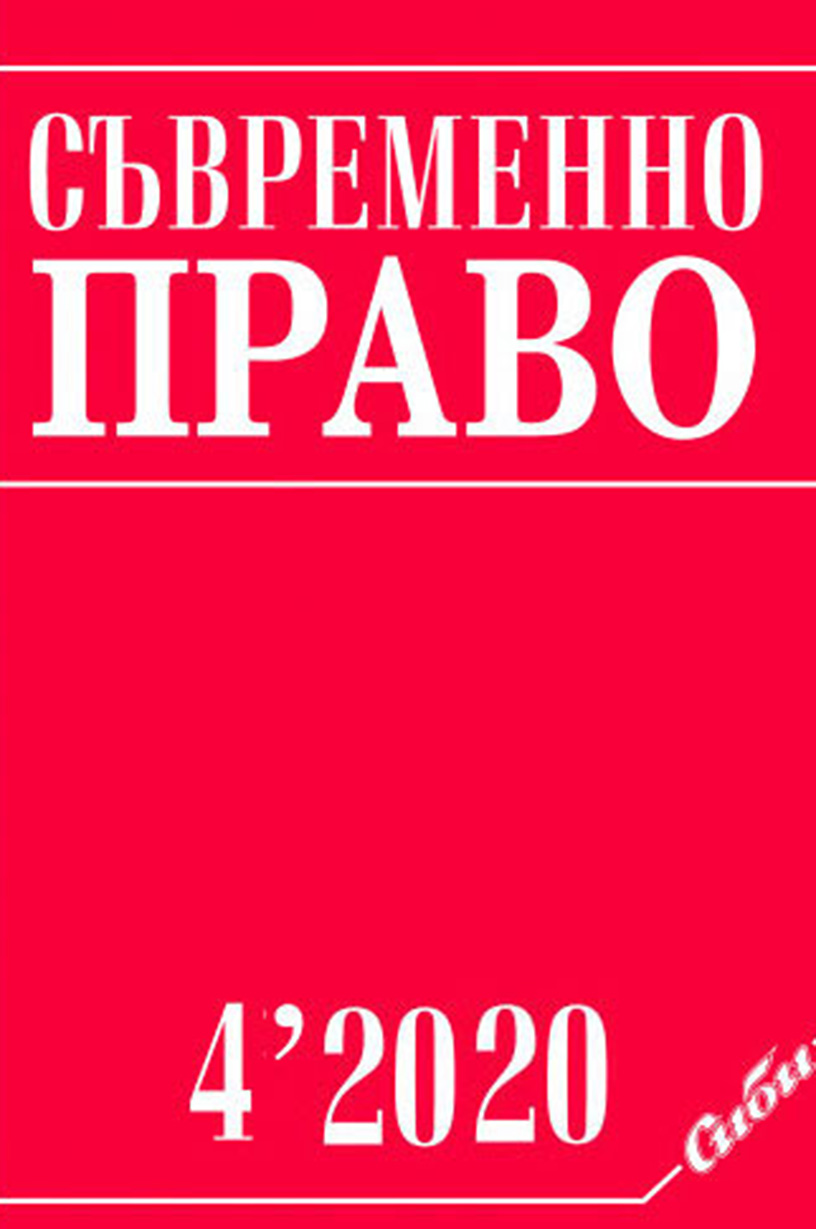Развитие на правната уредба на работното време
Development of Working Time Legal Framework
Author(s): Nenko SalchevSubject(s): Law, Constitution, Jurisprudence, Labour and Social Security Law
Published by: Софийски университет »Св. Климент Охридски«
Keywords: working time; work week; working day; labour legislation; international labour standards; full-time work; part-time work; flexibility; balance between work and private life
Summary/Abstract: The article focuses on the origin of the term ‘working time’ and the stages in the development of its regulation. Consideration is given to those factors which bring about the interference of the State in the private relationships between the employee and the employer through the limitation on the maximum duration of working time. At the very beginning, the legislation regarding the limitation on the duration of working time is adopted in the industrialized countries with respect to some vulnerable groups of employees (e.g. women and children). Later on, working hours limit for all employees is arrived at. Special attention is given to the importance of the international standards that are adopted by the International Labour Organization. The subsequent important stage is the establishment of the 40-hour work week, which is assumed to be the normal duration. The concept of flexibility, which has been dominant since the seventies of the 20th century, and its impact on working time have also been examined. When considering the separate stages, an obvious constant tendency to a decrease in working time duration is observed, although this tendency has its specific manifestation in the various sectors of the economy and the separate regions of the world.
Journal: Съвременно право
- Issue Year: 2020
- Issue No: 4
- Page Range: 7-26
- Page Count: 20
- Language: Bulgarian
- Content File-PDF

